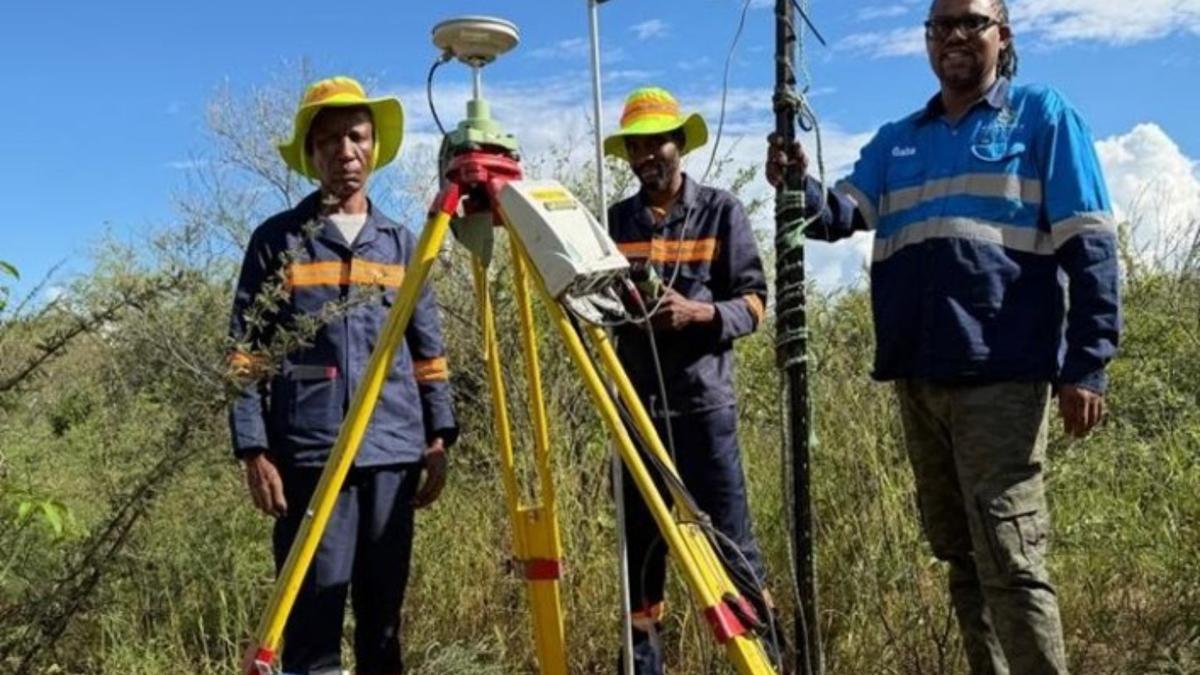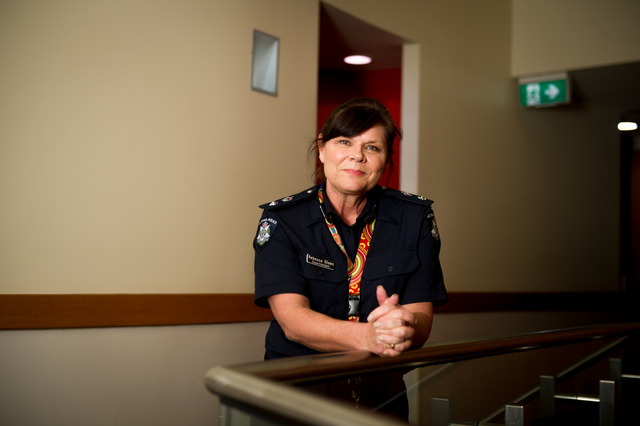
The tragic case of Hannah Clarke and her three children, Aaliyah, Laianah, and Trey, has prompted the Queensland Police Service (QPS) to reassess its approach to domestic and family violence (DFV) incidents. Following the Coroner’s findings, which highlighted the need for improved police responses to such cases, the QPS has committed to enhancing its training and operational procedures.
The QPS acknowledges the Coroner’s findings, which commended the actions of Constable Kent while also recognizing that the officers involved responded based on the information available to them at the time. The service has stated that it operates under values of integrity, respect, and courage and is dedicated to supporting victim-survivors while holding perpetrators accountable.
Revisions in Training and Response Protocols
In light of the horrific events surrounding the murders, the QPS has initiated a comprehensive review of its domestic violence response strategies. The service has recognized that responding to such incidents is complex and requires a deeper understanding of coercive control. As a result, new training programs have been implemented since early 2022. These programs are designed to provide officers with enhanced skills in handling domestic violence situations holistically and with a victim-centric approach.
The training includes a variety of topics, such as the criminalization of coercive control, the application of the QPS Domestic Violence Protective Assessment Framework (DV-PAF), and the identification of individuals most in need of protection. This training is mandatory for all members of the Service, starting with recruits who undergo 23 days of specialized instruction.
Commitment to Transparency and Accountability
The QPS has expressed its commitment to transparency and accountability in its operations. The service conducts thorough investigations under the oversight of the Coroner whenever a domestic violence incident results in loss of life. This process aims to ensure that lessons are learned and that necessary changes are made to protect the community more effectively.
In addition to internal reviews, the QPS is accountable to external agencies, including the Coroners Court, the Domestic and Family Violence Death Review and Advisory Board, and the Crime and Corruption Commission. These independent oversight mechanisms are crucial for maintaining public confidence in police integrity and professionalism.
Concerns about policing responses to domestic violence can be reported directly to the QPS. Complaints can be lodged at any police station, via Policelink at 131 444, or through the QPS website, ensuring that community feedback is both accessible and actionable.
The QPS has taken significant steps to revise its operational procedures and training protocols to ensure a more effective response to domestic violence. The tragic loss of Hannah Clarke and her children has highlighted the urgent need for reform in this area, and the QPS appears determined to learn from past failures to prevent similar tragedies in the future.
Help is available for those affected by domestic violence in Australia. Individuals can reach the national family violence counselling service at 1800 737 732 or contact Lifeline at 13 11 14. For support tailored specifically for Aboriginal and Torres Strait Islander communities, 13YARN can be reached at 13 92 76.







